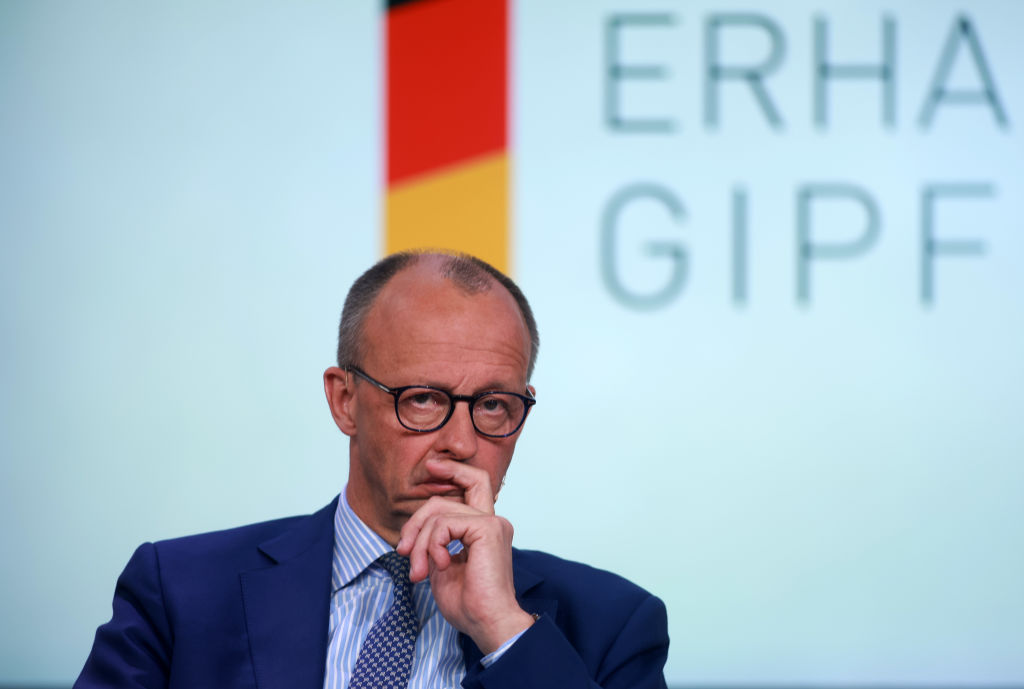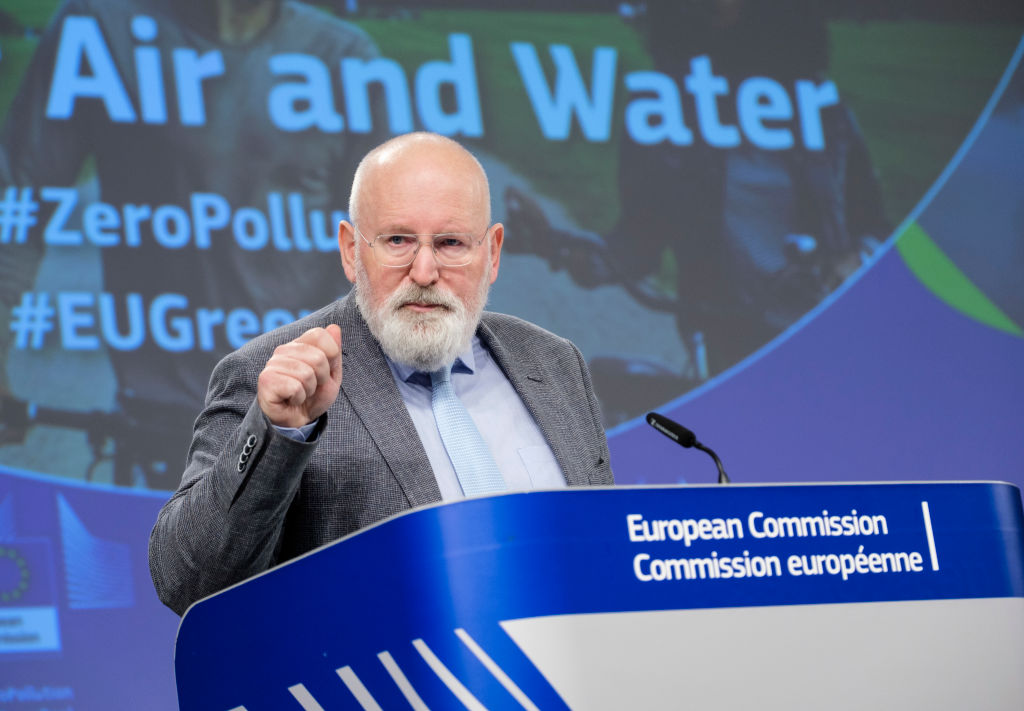Green minister Robert Habeck has begged Germany’s most popular opposition party to avoid embracing right-wing populism
The minister is asking for the Christian Democrats — the main opposition group in Germany’s parliament — to avoid supporting the growing movement, even if it would end up making them even more popular.
Habeck has justified his request by saying that even if supporting populism would make the opposition group perform better in the polls, it would represent a betrayal of their conservative values as well as German democracy as a whole.
“To put it bluntly: we need a functioning Conservative party in Germany,” he said in an interview with regional daily newspaper Augsburger Allgemeine, calling on the centre-right party to resist the growing “popularity of populism”.
Habeck claimed that the Christian Democrats had an obligation to stand up for German “liberal democracy”, alleging that other nations have seen the forces holding such democracy together vanish after some of their centrist parties adopted more right-wing views.
“We see in other countries … where Conservative parties have not functioned and have served right-wing populism, the relevant forces have disappeared,” he claimed. The minister does not appear to have cited any specific examples.
The Green politician went on to urge Christian Democrats to debate party campaign platforms in a “very thoughtful manner” in the coming weeks and months in service of “protecting Liberal democracy”.
Habeck’ss plea to the opposition to stay away from populism comes at a time of growing support for right-wing politics in Germany.
Although the most popular political group in Germany for now, the Christian Democratic parties are currently being pressured by their right-wing rival, Alternative for Germany (AfD), which is gaining ground in national polls.
By contrast, Habeck’s Greens have seen polling collapse over the party’s time in office, falling from a high of 23 per cent after Russia’s invasion of Ukraine to 14 per cent today.
Things are not going much better for Habeck’s allies in government, with all three of the parties in Germany’s traffic light coalition having fallen behind both the Christian Democrats and the AfD.
While such a power shift has been attributed to a wide variety of factors, the imposition of pro-climate policies by Habeck himself seems to be one of the driving forces behind the government’s most recent decline in popularity.
The party’s push to ban gas boilers has sparked significant anger in Germany, with such a reform expected to cost many individuals and families large sums of money





